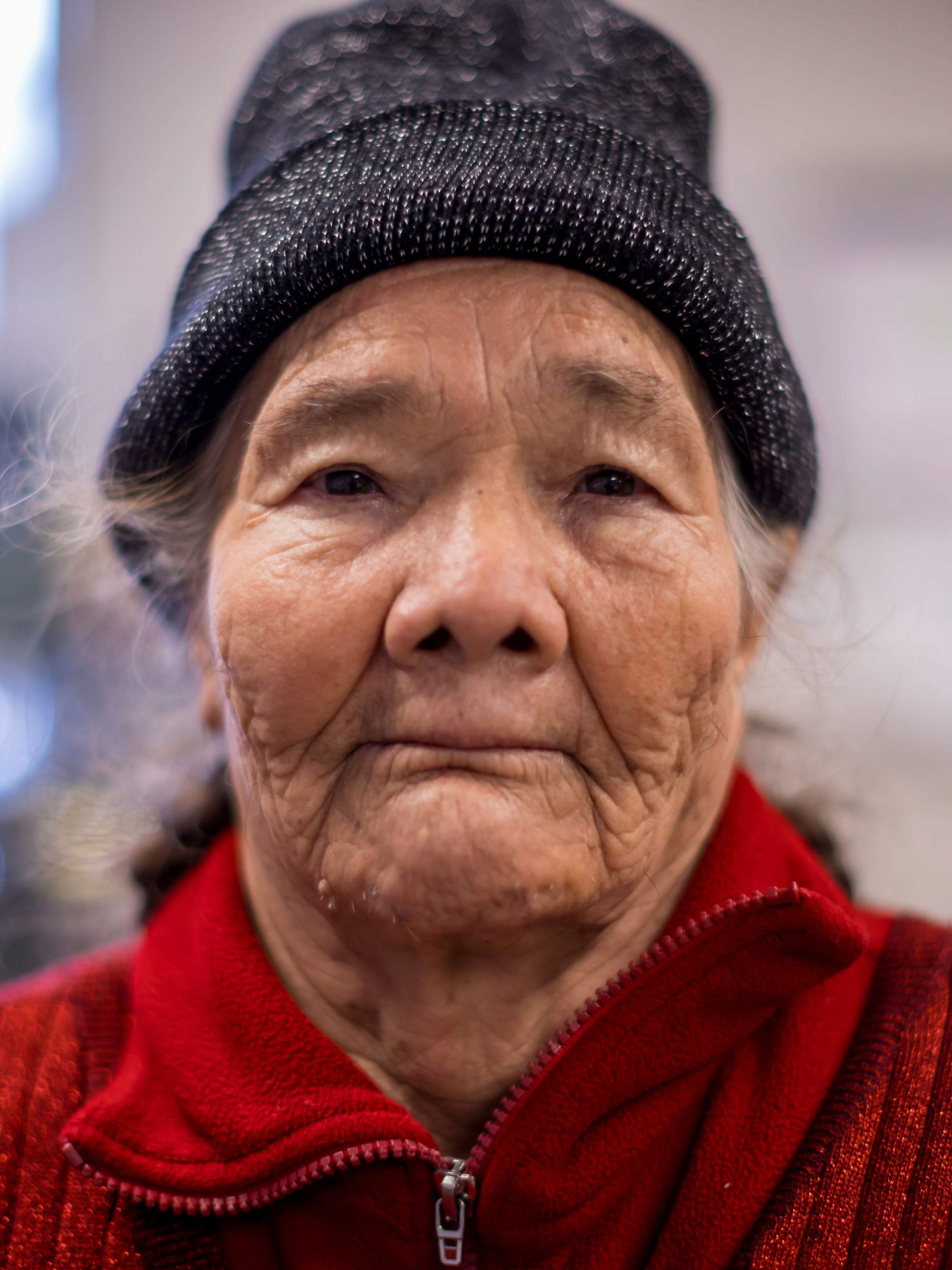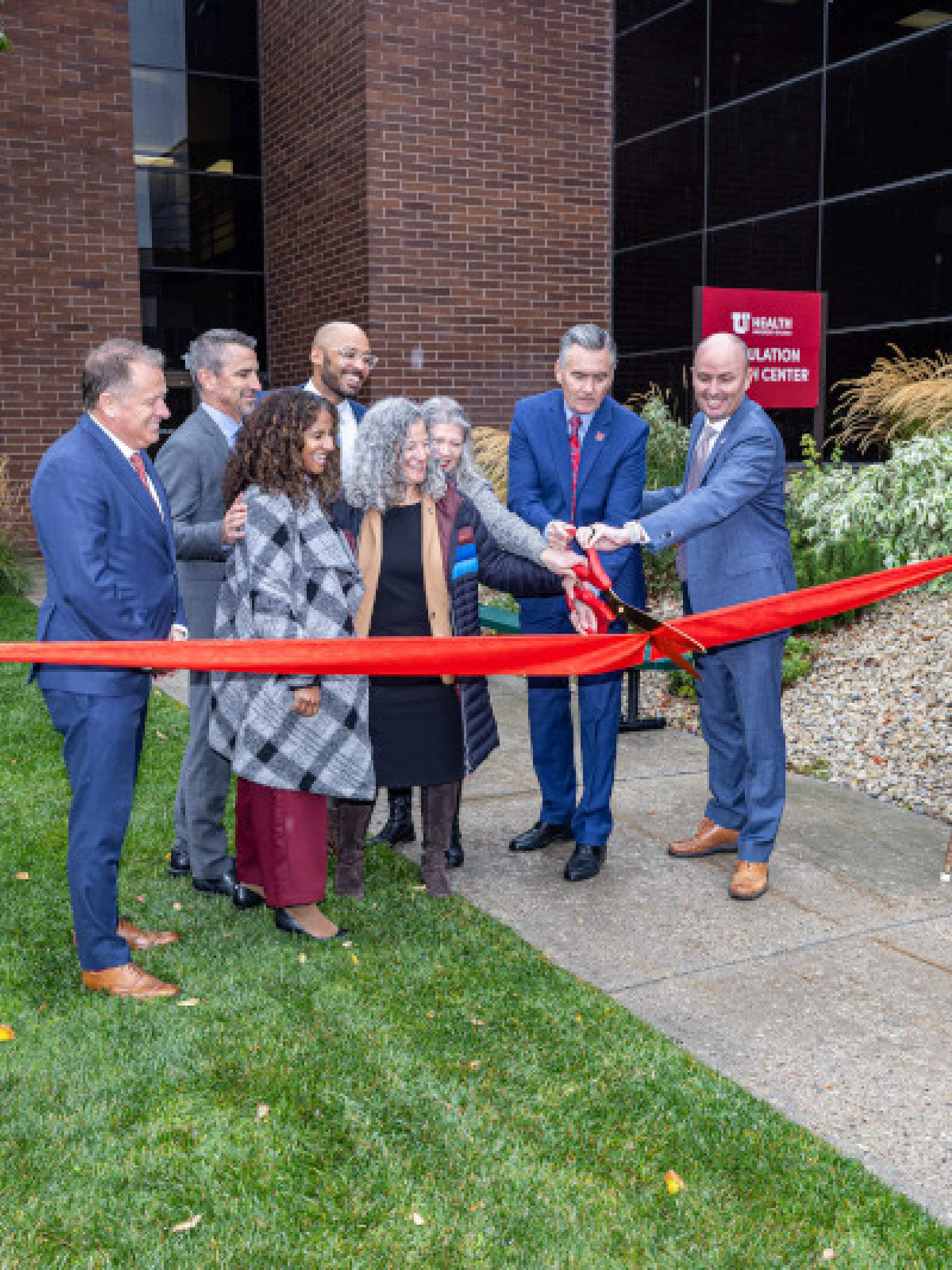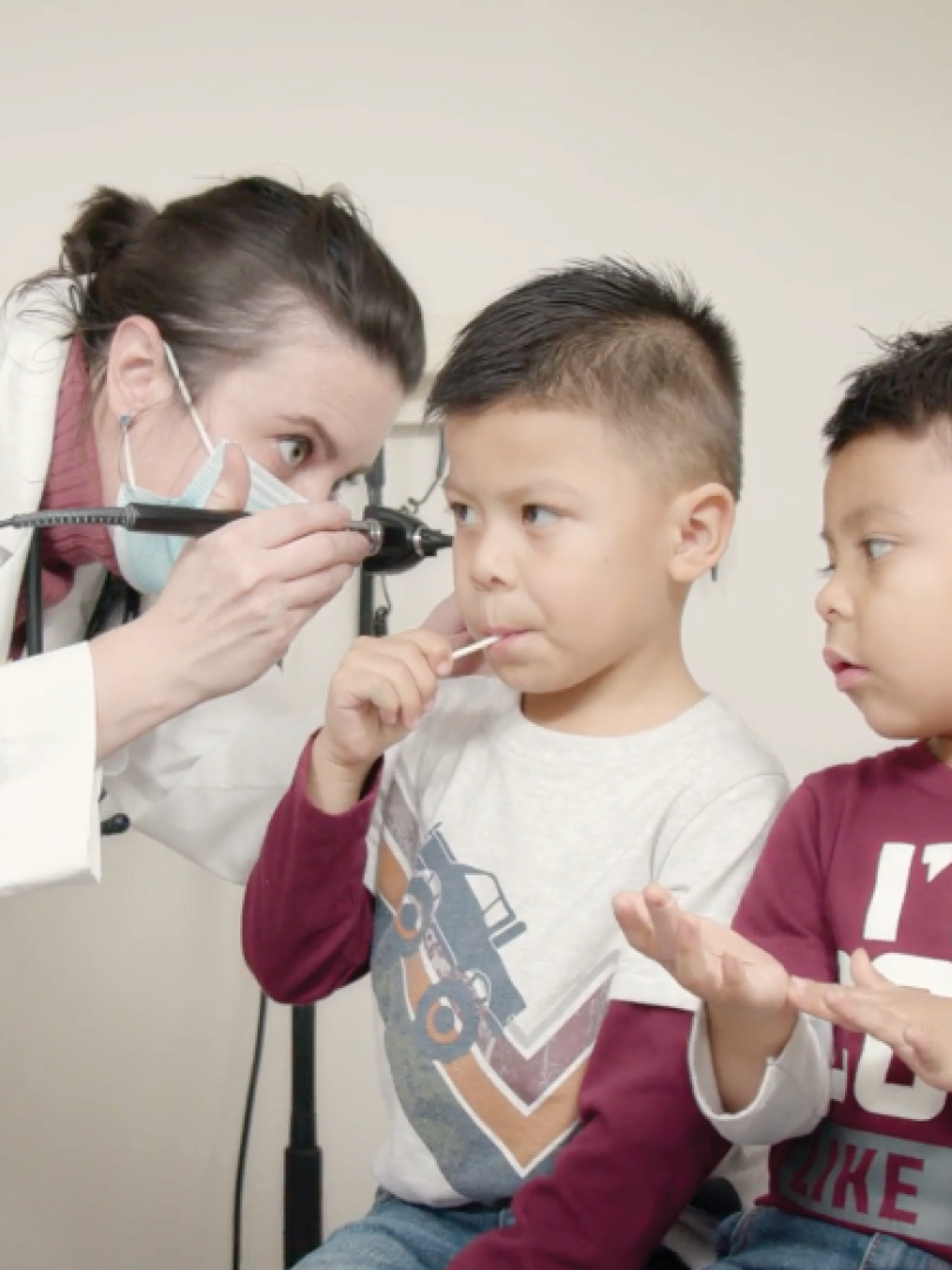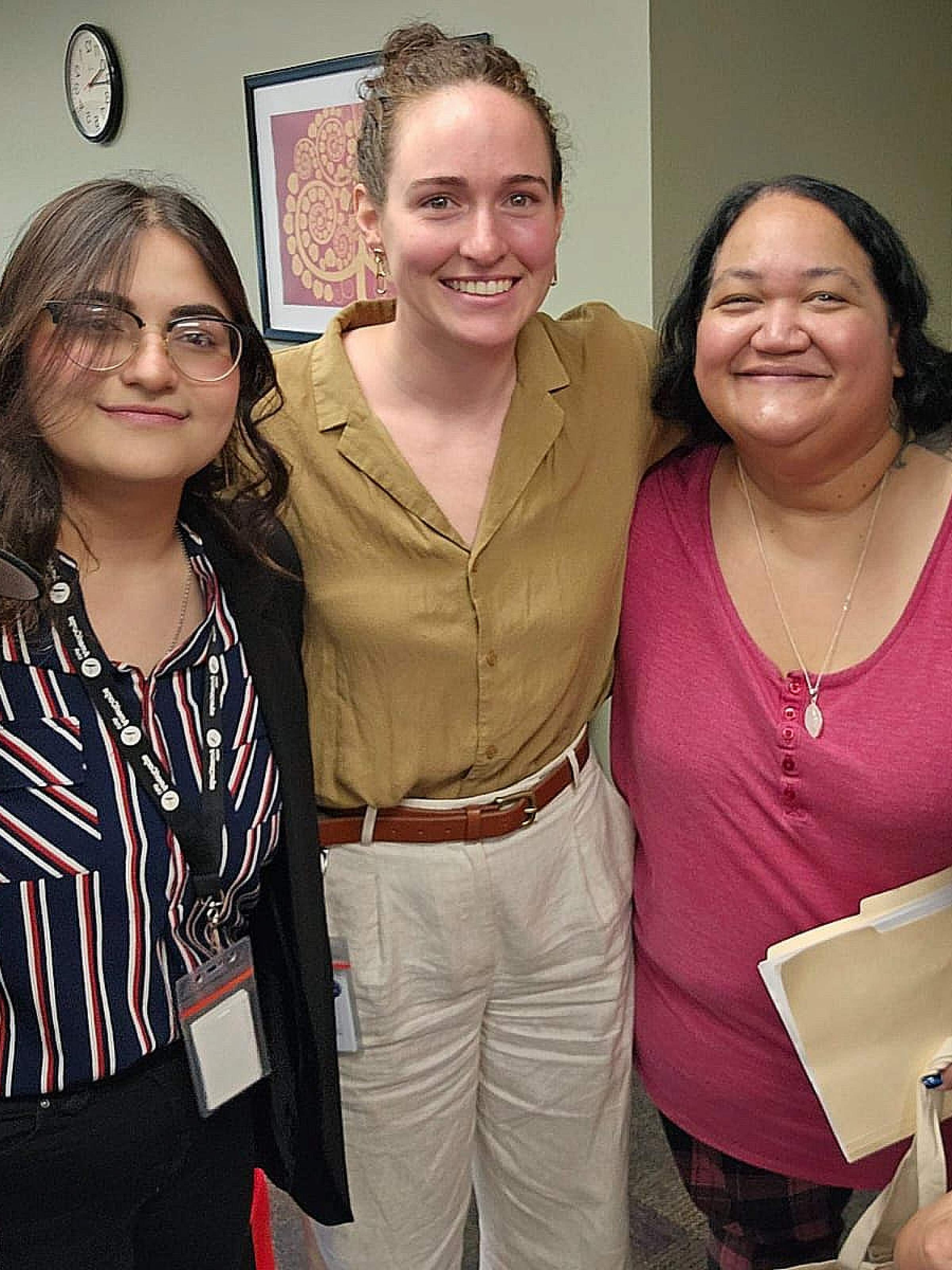
Student-led Clinics

Student-led Clinics
One Network. One Mission. One U.
Aligned with our mission to serve all people and communities in Utah, our student-led clinic network connects MD students with communities facing significant physician shortages.
These clinics provide medical students with valuable hands-on experience, allowing them to practice in a variety of specialties and gain a broad understanding of medicine and the healthcare system.
Patients visiting our clinics will be seen by a medical student under the guidance of an experienced physician, ensuring high-quality care. Explore the clinics below to find the one that best suits your needs.
How it Works
For Students:
From year one, students spend 1-2 half days in the clinic, gradually taking on more responsibility. They learn bedside skills, medical competencies, and clinic administration. By year four students are involved in clinic leadership and management, graduating with real, deep clinical knowledge.
For Patients:
In student-led clinics, care is provided by both a physician and a student. With a student involved, patients get more time to discuss their needs and options.
For Preceptors:
Preceptors fully involve students in their work, allowing them to interact with patients and staff. Students are active participants, not observers, enhancing clinic workflow. Precepting helps physicians feel more fulfilled by giving back and mentoring the next generation.

Locations
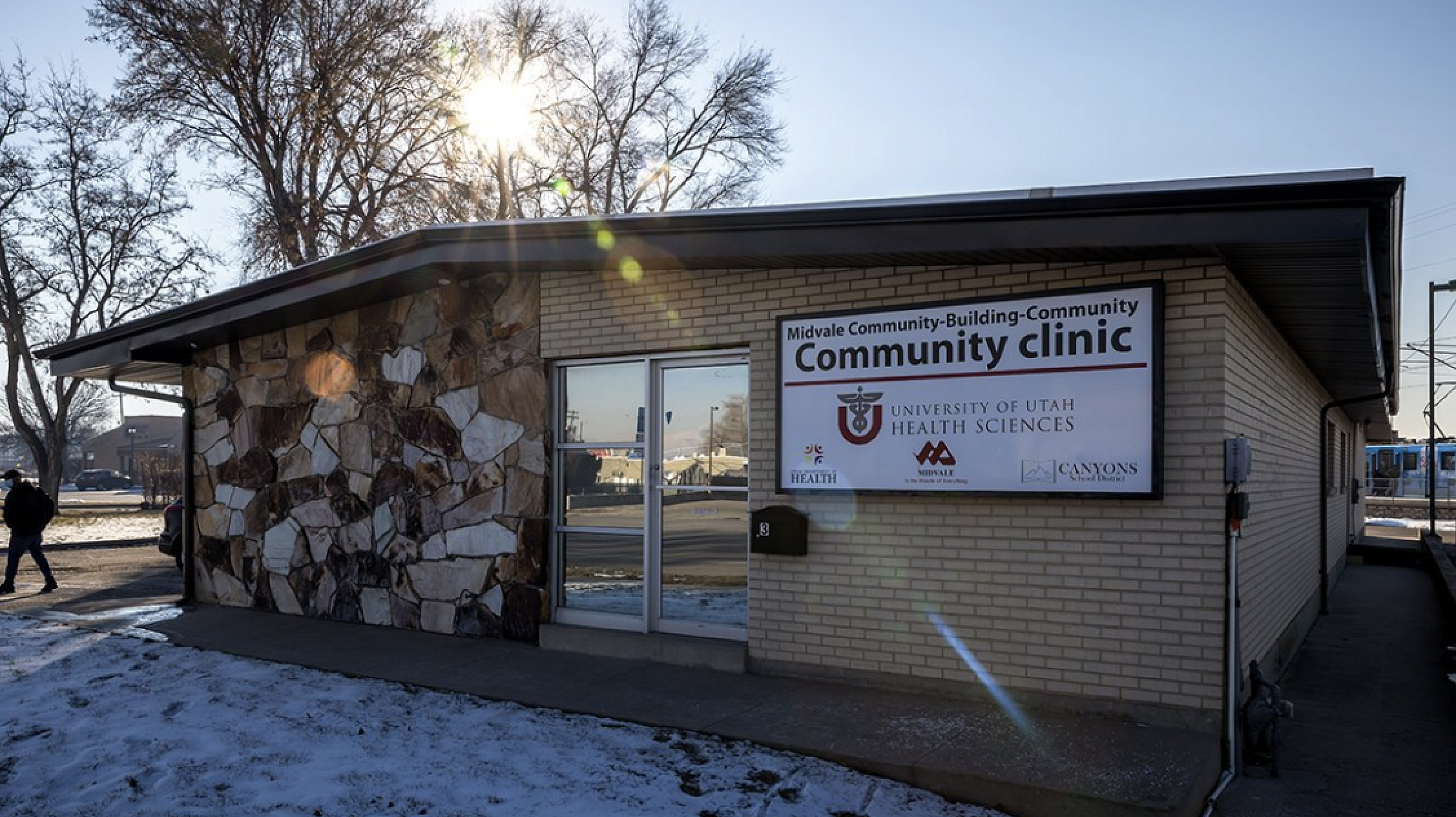
Routine care, immunizations, disease management, lab, specialty care and more
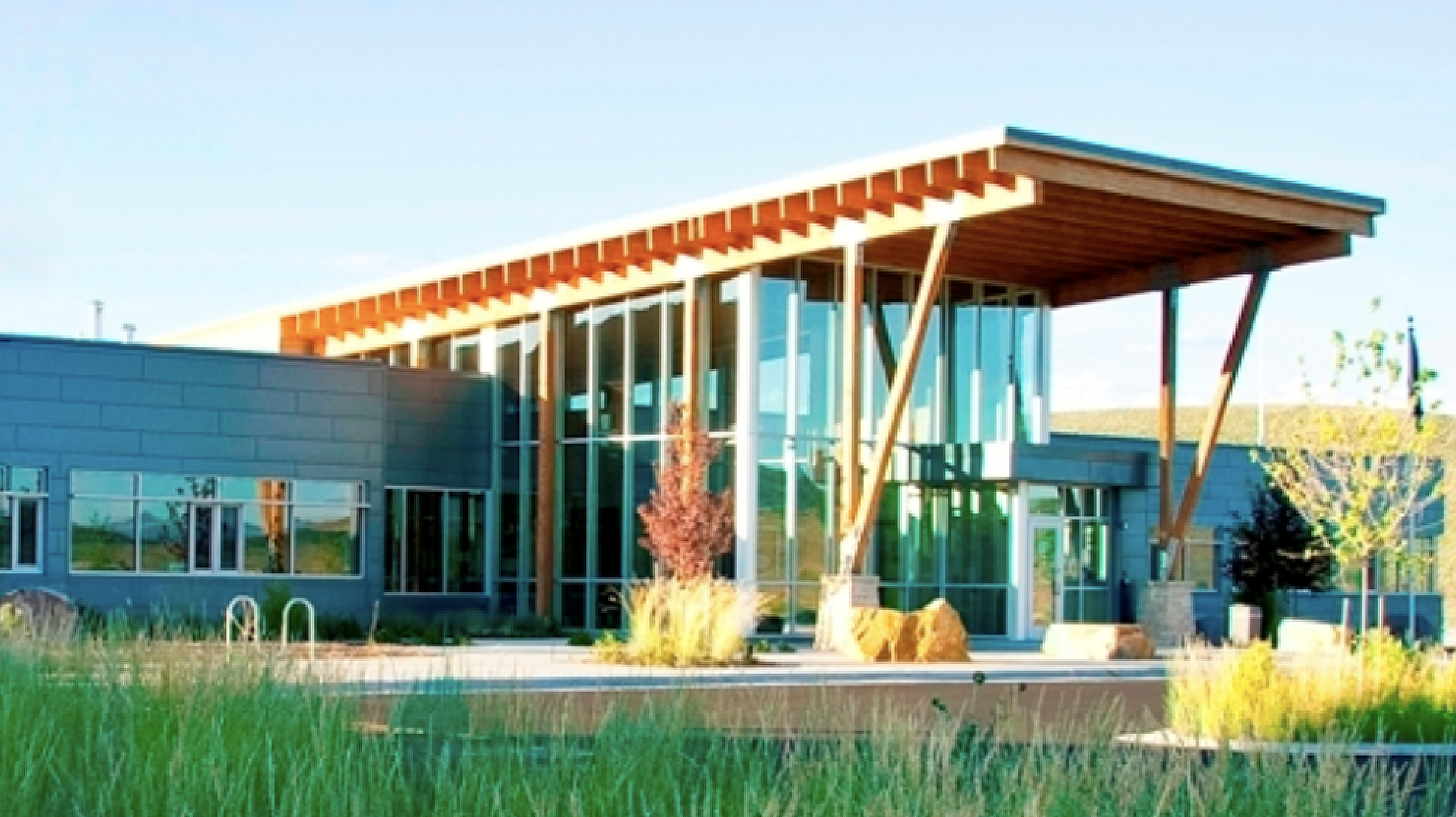
Women's medicine, pediatrics, mental health, orthopedic care, cardiology, opthalmology, and more
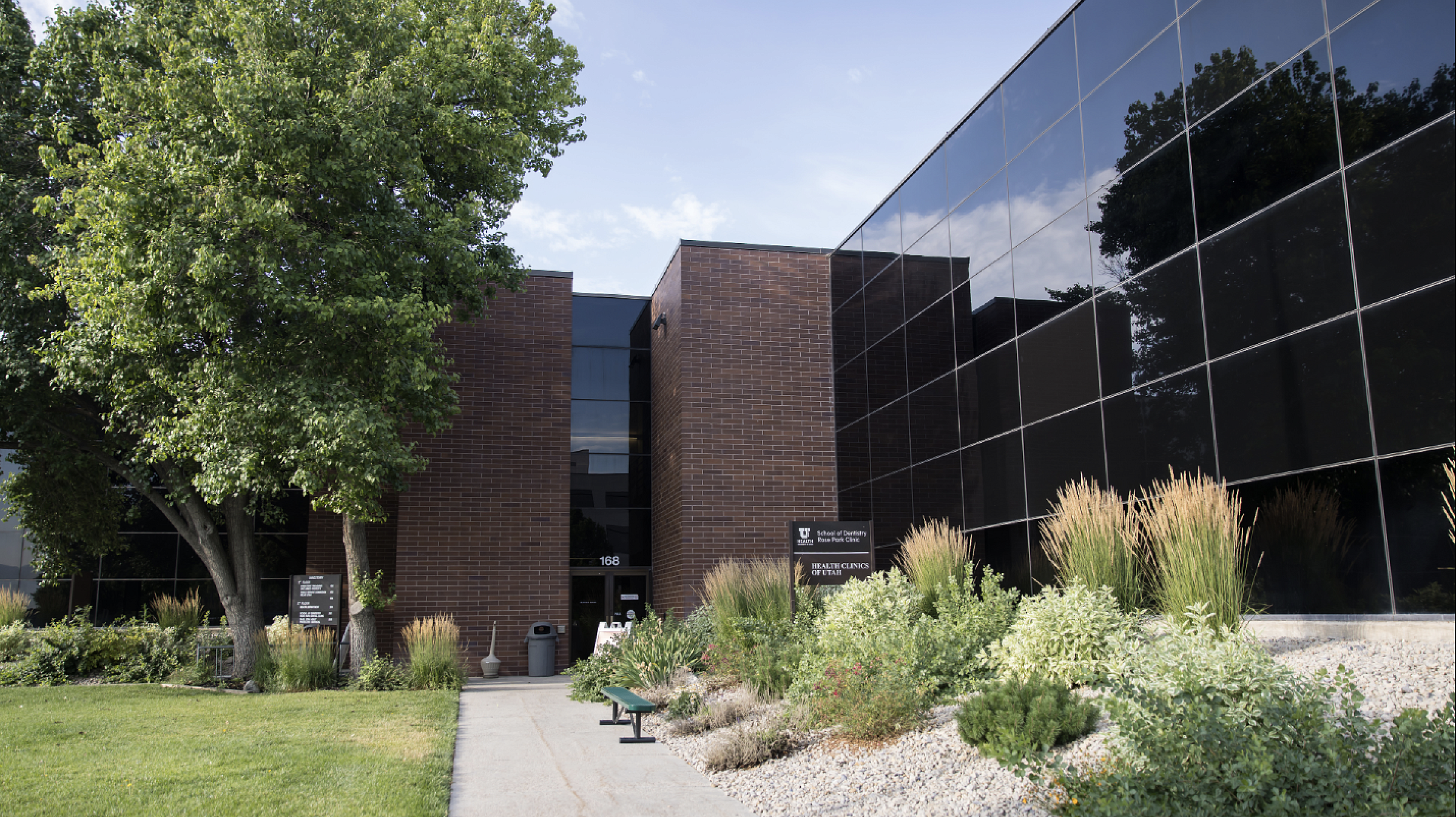
Primary care including regular health exams, care after a hospital stay, care for chronic conditions, care for symptoms like pain, breathing issues etc.
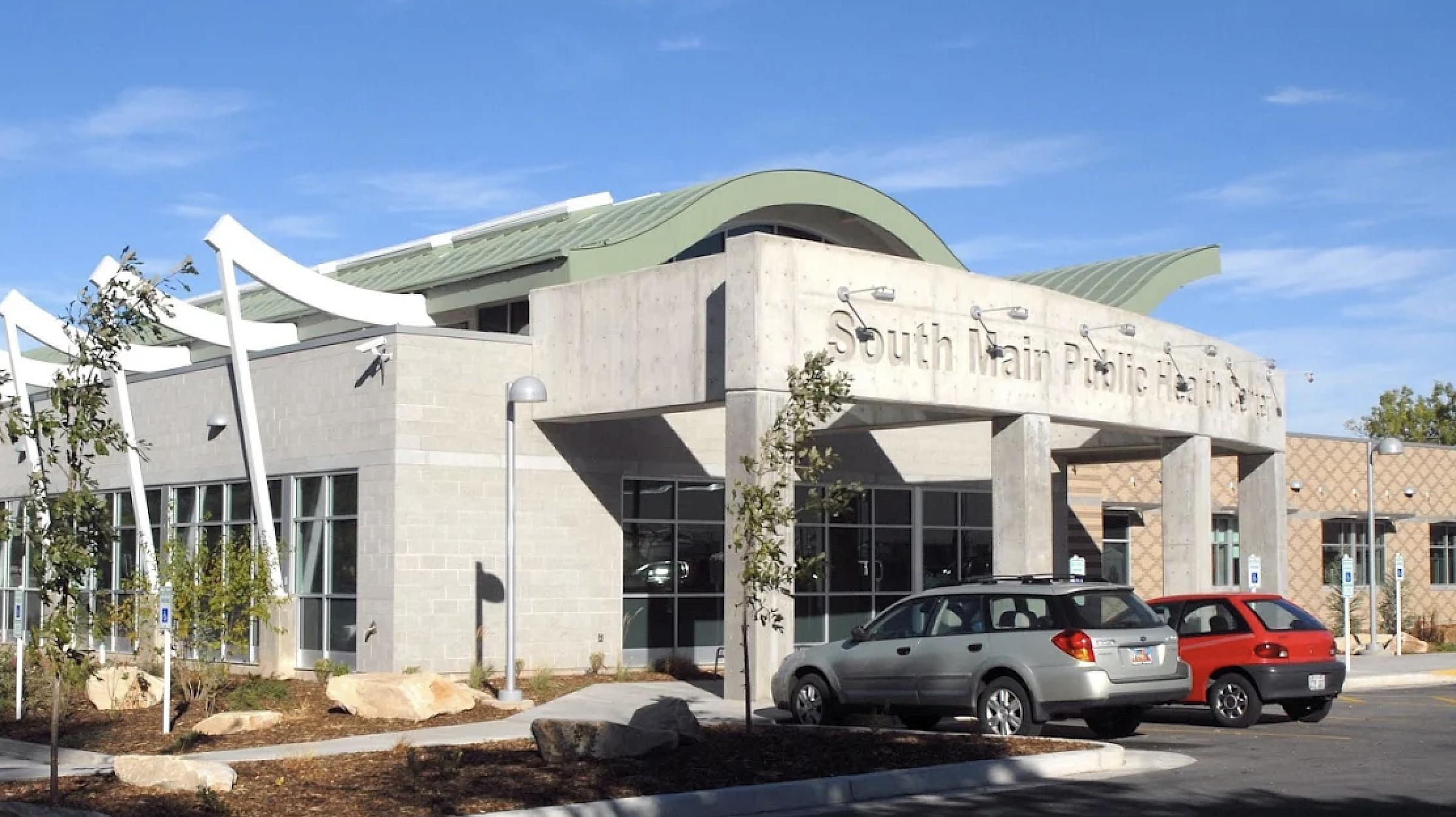
Family medicine, pediatrics, midwife services
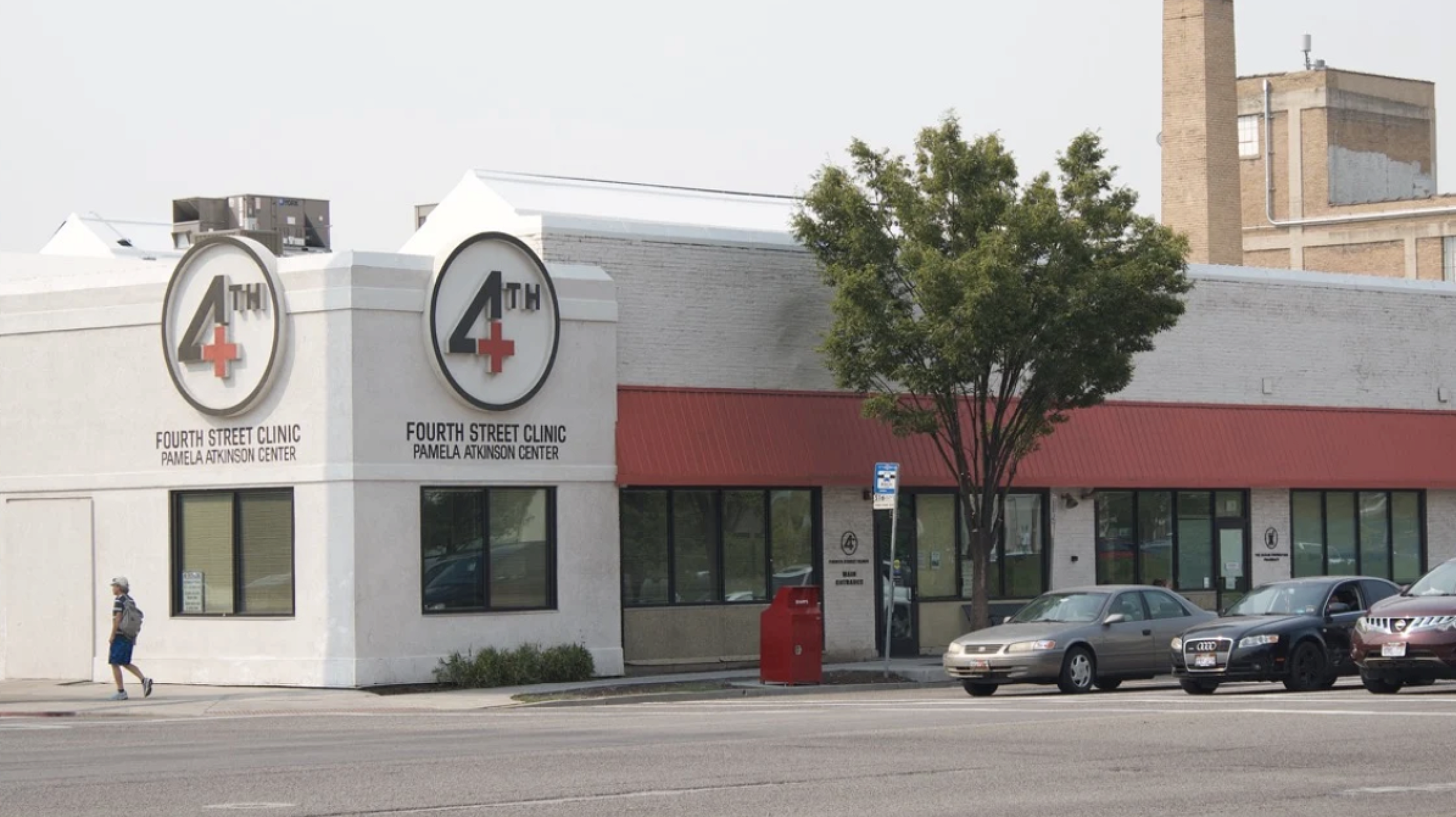
Primary care, behavioral care, disease management, specialty care, and more
Stories from the Clinic
Esta Es Mi Clinica
The most important lesson medical students learn as volunteers at a low-income Midvale clinic is compassion.
Population Health Center
The Rose Park Primary Care Clinic is part of the Population Health Center. At the Rose Park Clinic, no patient will be turned away because they cannot pay.
Student-led Clinics are Good for Everyone
"As learners, we get to spend more time with our patients than many providers in primary-care environments. That helps us build relationships with our patients. We frequently receive feedback that the patients feel heard and cared for."
Community Health Workers Are Essential to Medical Education
When doctors and community health workers work together, health and health education spread past the four walls of a clinic.
Resources
-
Preceptors play a vital role in student-led clinics, helping shape students into key members of the healthcare team. In return, preceptors often experience increased job satisfaction, less burnout, and deeper patient connections.
By involving students in procedures, follow-up care, and treatment planning, preceptors enhance clinic efficiency while improving patient satisfaction. Teaching essential skills like bedside manner, note-taking, and patient intake also leads to personal fulfillment and collaboration with peers.
Interested? Fill out this form here and we'll contact you with more information.
Student Projects
Sliding Scale
This student research project focuses on improving access to healthcare in the Rose Park community by implementing a "presumptive charity" sliding scale payment model. The program aims to reduce the financial burden on uninsured, self-pay patients, saving over $5,000 per month. It uses household income data and financial advocacy to qualify patients and maintain equitable, affordable care while ensuring long-term clinic sustainability.
Community Health Fair
Students in the Rose Park Providers Coalition collaborated with 31 organizations to provide on-site healthcare services at a community health fair.
Diabetes education
The initiative includes sessions on carbohydrate counting, insulin administration, and a meal-planning game to enhance patient self-efficacy. Preliminary results suggest positive impacts on patient confidence, with plans to expand these sessions and gather more data for comprehensive analysis.
Rose Park Library
A group of medical students, health care workers, and faculty compiled donated books and sorted them into a clinic waiting room library. Over 500 books were donated with options for all ages and reading levels. Many books are in Spanish, Arabic and other languages. 100 books are displayed in the waiting room, and the surplus is kept on site for re-stocking purposes.
Mission Statement
The Spencer Fox Eccles School of Medicine at the University of Utah serves all people and communities of Utah and the Mountain West by intentionally working to improve individual and community health outcomes and quality of life. This is achieved through excellence in patient care, education, and research by:
• Purposefully educating physicians, scientists, and health care professionals to ensure compassionate, patient-centered care to all.
• Serving rural and underserved communities by addressing social determinants of health to decrease health disparities among all people.
• Engaging in scholarly research to advance knowledge, innovation, well-being, and health for all people.
• Fostering a culture of respect and community for students, trainees, staff, faculty, and community partners.
Donate to Student-led Clinics

Student-led clinics at the Spencer Fox Eccles School of Medicine are proudly supported in part by the Eccles Endowment Fund, enabling us to deliver essential healthcare services to our communities. This generous funding helps our students gain hands-on experience while making a positive impact on public health.
Support the student-led clinic initiative and help us provide critical healthcare services to Utah communities. Your donation will empower future physicians and improve health equity across Utah.
